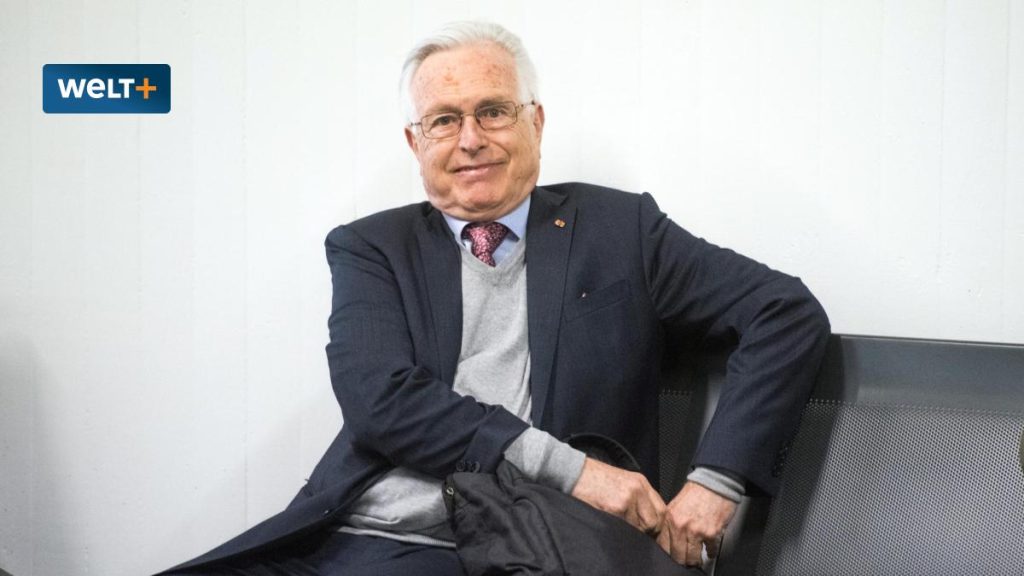The recent intelligence scandal involving two former Austrian intelligence agents has brought attention to the role of former intelligence coordinator Bernd Schmidbauer. Many are questioning why he did not inform German security authorities about possible Russian intelligence connections of Wirecard manager Jan Marsalek back in late 2018.
The scandal first came to light when it was revealed that the two ex-intelligence agents had leaked classified information to the Russian intelligence service. This has raised concerns about potential security breaches and the extent of Russian influence in Austrian intelligence circles. The involvement of a high-ranking official like Bernd Schmidbauer has only added to the mystery and speculation surrounding the case.
Jan Marsalek, the former Wirecard manager at the center of the scandal, has been a key figure in the ongoing investigation. His alleged ties to Russian intelligence have been a major focus of the authorities. The question of why Bernd Schmidbauer did not disclose this information sooner has left many wondering if there was a deliberate cover-up or if there were other factors at play.
Many are calling for a thorough investigation into the actions of Bernd Schmidbauer and the two ex-intelligence agents involved in the scandal. The potential security implications of withholding information about Russian intelligence connections are significant, and there is a growing demand for accountability from those responsible. The case has also highlighted the need for stronger oversight and transparency within intelligence agencies to prevent similar incidents in the future.
The scandal has not only damaged the reputation of Austrian intelligence services but has also raised questions about the broader issue of foreign influence in European security. The ties between Russian intelligence and individuals in key positions of power are a cause for concern, and there is a growing push for greater cooperation and information sharing among European countries to address these security threats. The case of Jan Marsalek and the two ex-intelligence agents serves as a stark reminder of the challenges facing modern intelligence agencies in the digital age.
As the investigation into the intelligence scandal continues, the role of Bernd Schmidbauer remains a central point of contention. The failure to disclose crucial information about potential Russian intelligence connections has exposed weaknesses in the system and highlighted the need for reform. The fallout from this scandal is likely to have a lasting impact on Austrian intelligence and may prompt broader changes in how intelligence agencies handle sensitive information in the future.


